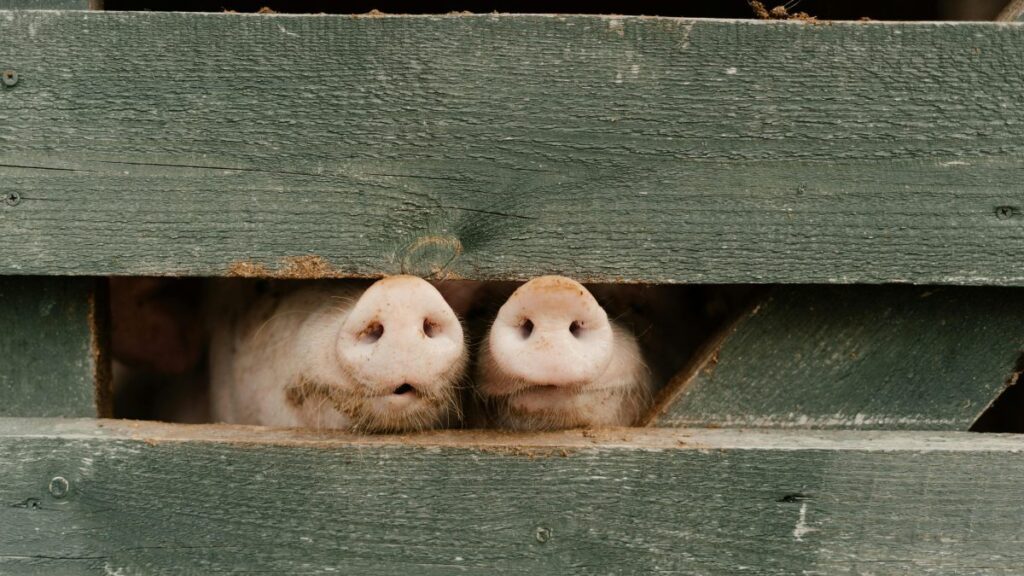A farm worker in South Africa has given a chilling account in court of how he was forced to dispose of two women’s bodies by feeding them to pigs, after they were shot by his employer. The incident, which occurred in August 2024 on a farm near Polokwane in the northern Limpopo province, has shocked the country and stirred racial tensions, especially in rural areas where deep resentment persists between black farm workers and white landowners.
The accused, Adrian De Wet, a 21-year-old farm supervisor, told the court that he was coerced by his boss, Zachariah Johannes Olivier, to help dispose of the bodies of Maria Makgato, 45, and Lucia Ndlovu, 34. The two women were allegedly looking for food when they were shot by Olivier and De Wet, who were armed with hunting rifles. The farm worker described how they waited for intruders on the night of August 17 and opened fire when they heard footsteps approaching.
After firing shots, the pair discovered a woman’s body lying face down. They left the area, returning the next morning to find the body of a woman, which De Wet said they were ordered to throw into a pigsty where large adult pigs were kept. The next day, a second body was found nearby and similarly disposed of in the pig enclosure.
In a disturbing revelation, De Wet explained that the pigs consumed large portions of the victims’ bodies, including parts of their faces, buttocks, and thighs. “When pigs are hungry enough, they’ll eat anything,” De Wet said, admitting that the purpose of throwing the bodies into the enclosure was to destroy the evidence.
The murder has drawn widespread outrage, especially due to the involvement of a white farm owner and his black farm workers. Many feel that the case highlights the ongoing racial tensions in South Africa, where the legacy of apartheid continues to affect relations in rural areas. White farmers, who still control most private farmland, often clash with black workers, who are typically underpaid and live in impoverished conditions. These tensions are exacerbated by high crime rates in the countryside.
As the trial continues, the court hears harrowing details of the crime, with emotional moments, including a victim’s son crying as he watched the testimony. The defendants face charges of murder, with De Wet’s testimony as a state witness. Cross-examination by the defense lawyers will resume next week, and the case remains a focal point of national discourse on crime and racial inequality in South Africa.

